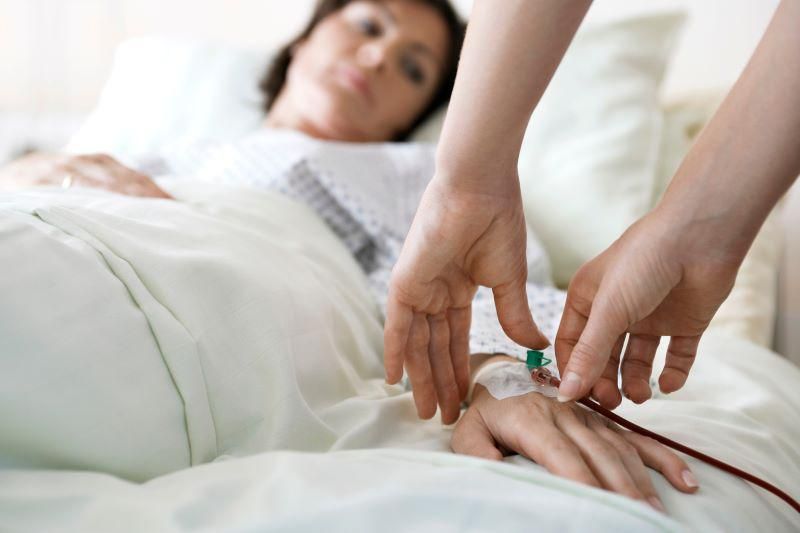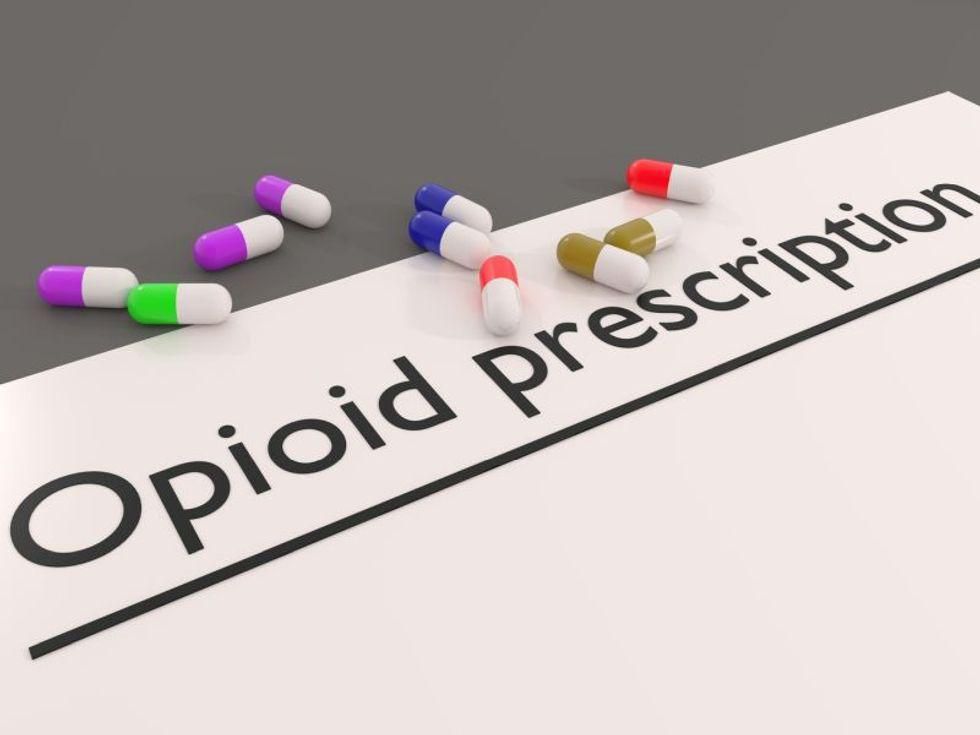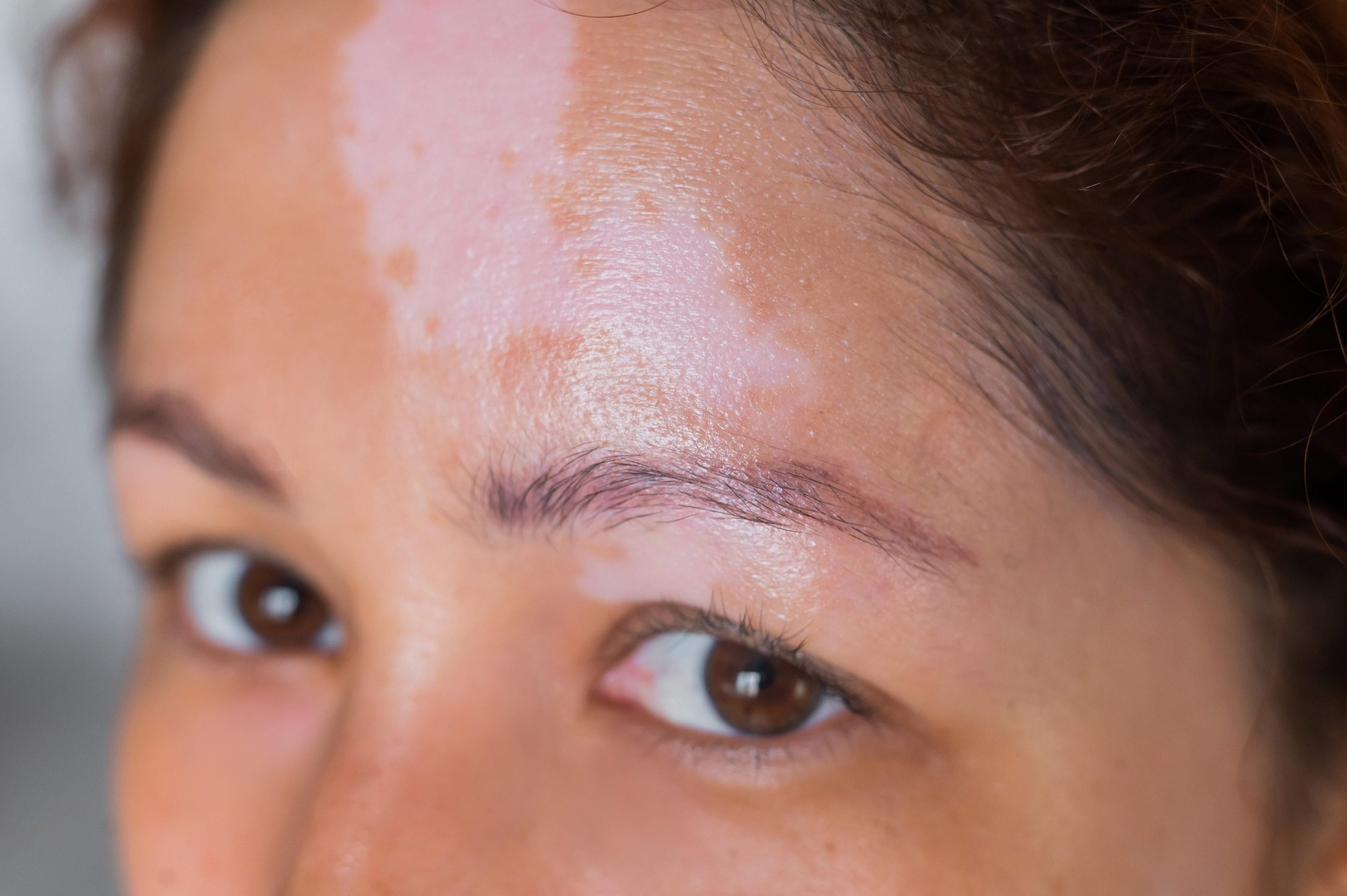
It’s a question many have asked: How are memories made to last? Now, a new study claims they are solidified during sleep through the interplay of two distinct brain regions. Memories are set in the brain as it cycles between slow-wave and rapid eye movement (REM) sleep, which happens about five times a night, researchers… read on > read on >






























